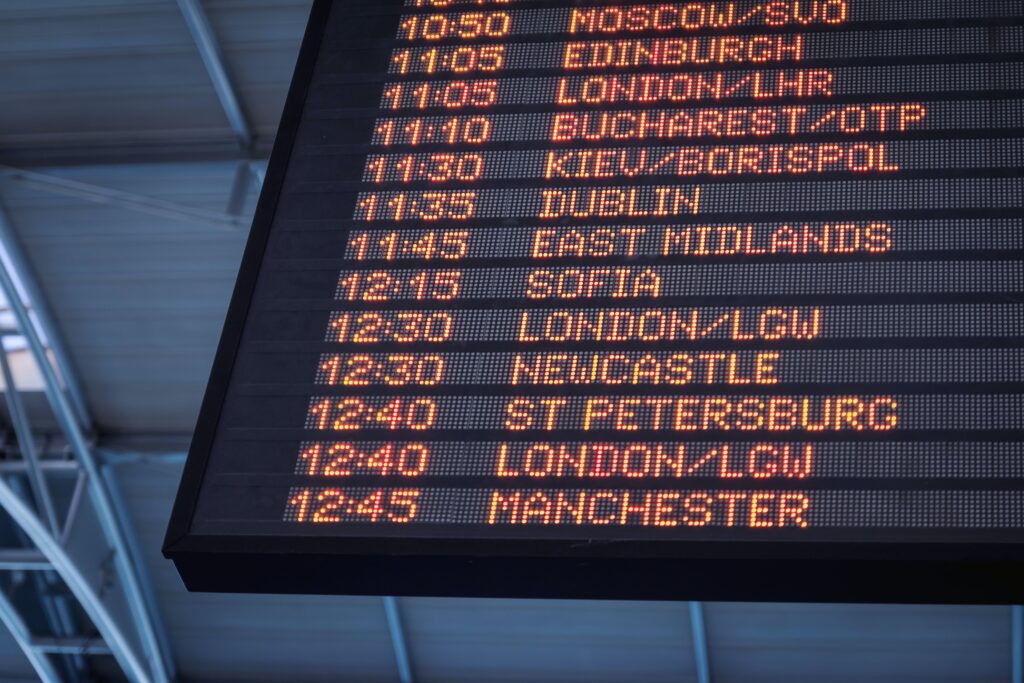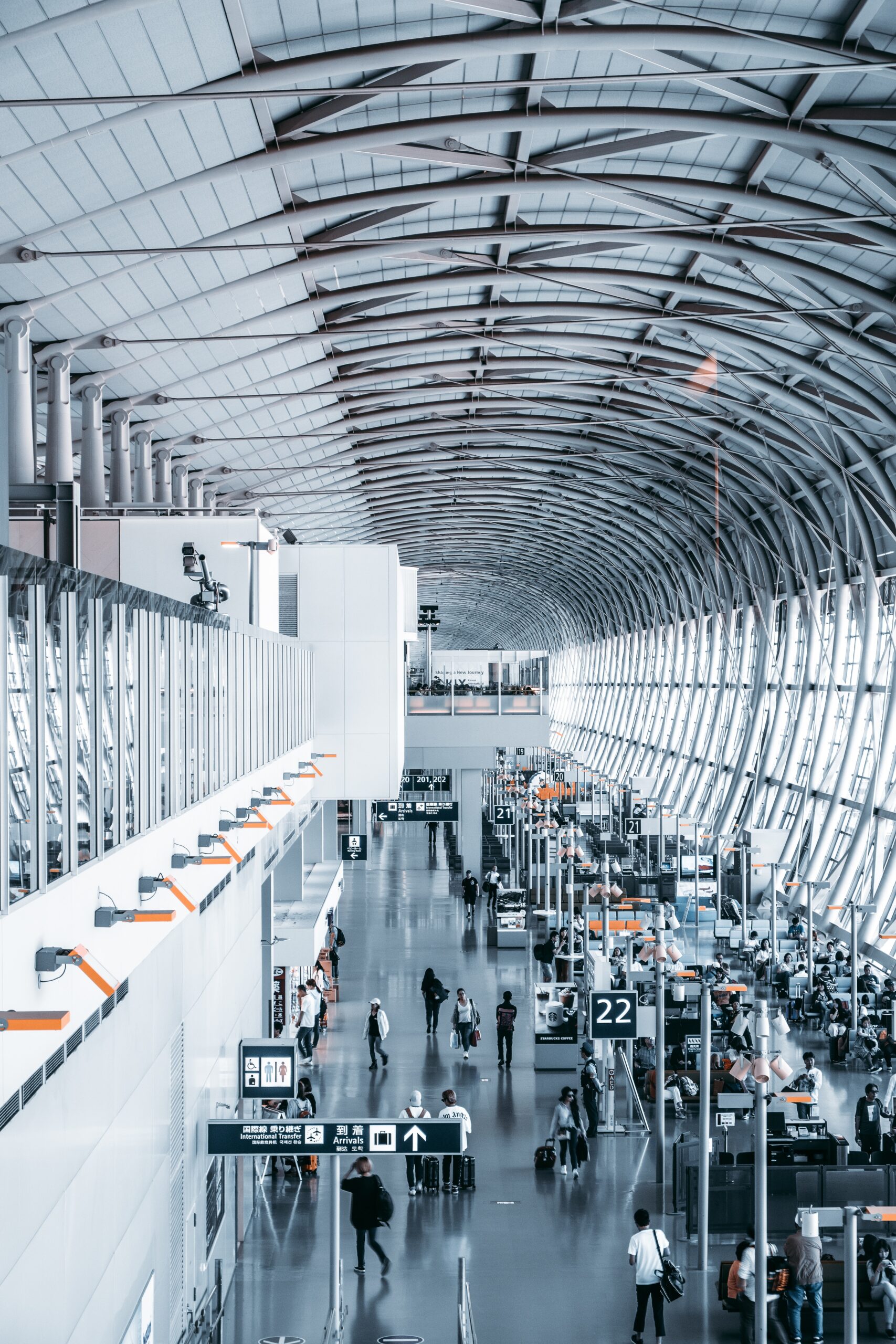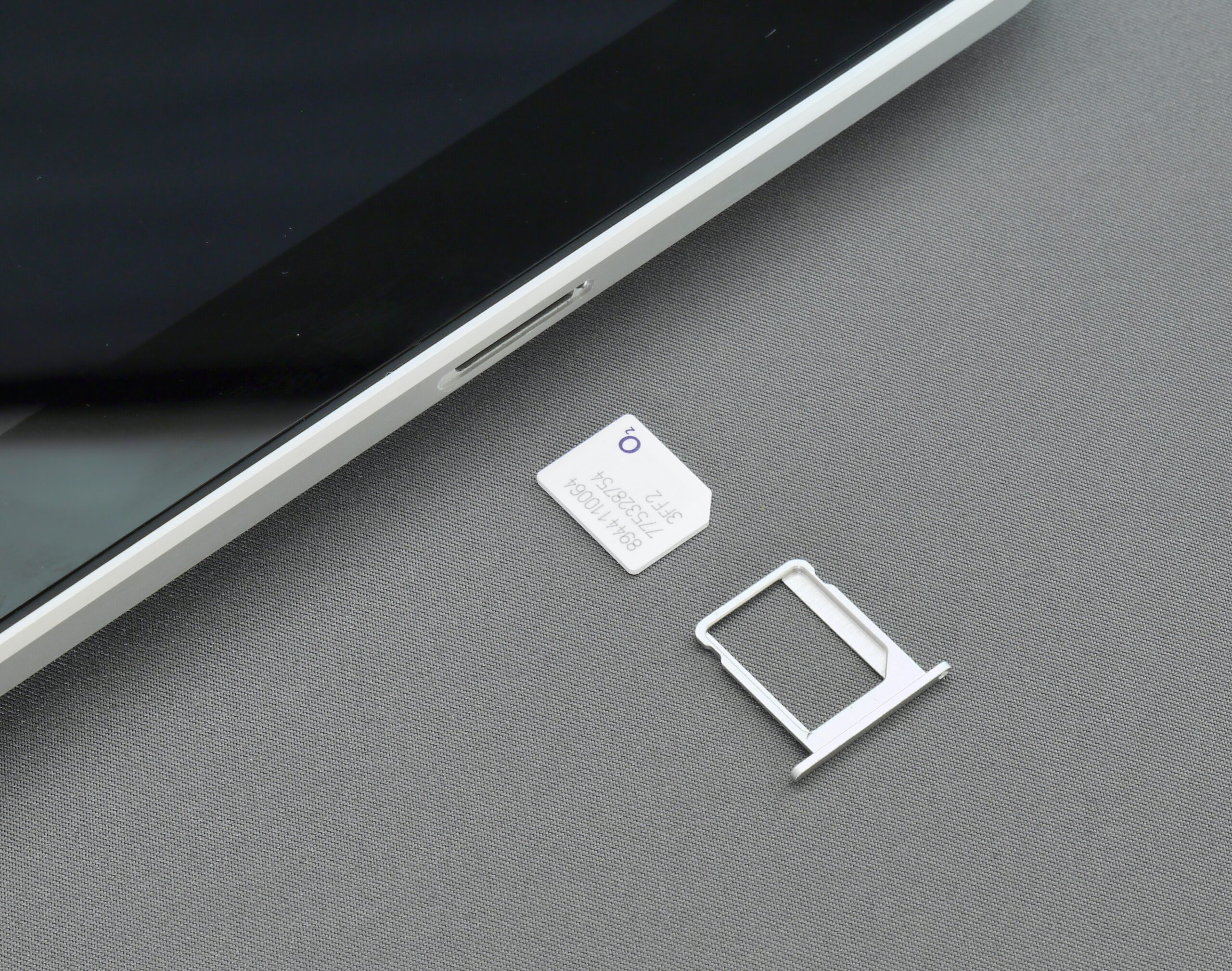Iraq Transportation Guide
Iraq Transportation Guide: Transportation includes buses, taxis, and shared minivans. Challenges exist, but ongoing developments improve infrastructure for efficient travel.


Iraq Transportation Guide – International Airports
Iraq is home to several international airports that serve as gateways for travelers to and from the country. Here are some of the main international airports in Iraq:
Baghdad International Airport (BGW): Located in Baghdad, the capital city of Iraq, this is one of the largest and busiest airports in the country. It offers international flights to various destinations.
Erbil International Airport (EBL): Situated in Erbil, the capital of the Kurdistan Region of Iraq, this airport serves as an important hub for travelers to the northern part of the country.
Sulaymaniyah International Airport (ISU): Also located in the Kurdistan Region, Sulaymaniyah International Airport provides international connections for travelers to the region.
Basra International Airport (BSR): Situated in Basra, a major city in southern Iraq, this airport offers international flights to and from the southern region of the country.
Najaf International Airport (NJF): Located in Najaf, this airport is an important pilgrimage destination for Shia Muslims and provides international connections.
Kirkuk Airport: This airport is located in Kirkuk and offers some international flights.
Mosul International Airport: Although the city of Mosul faced significant disruptions due to conflicts, the airport has historically offered international flights.
Al Najaf International Airport: This airport serves the holy city of Najaf and offers connections for religious tourists.
National Airports
In addition to international airports, Iraq has several domestic airports that serve regional and national flights within the country. These airports contribute to the internal connectivity and transportation options for residents and travelers. Here are some of the domestic airports in Iraq:
Al Asad Air Base (IQB): Located in Anbar Province, this air base is used for both military and civilian purposes.
Al Sulaymaniyah International Airport (ISU): Besides international connections, this airport in the Kurdistan Region also provides domestic flights.
Baghdad International Airport (BGW): In addition to international flights, this major airport serves domestic routes, connecting Baghdad with other cities.
Basra International Airport (BSR): This airport in the southern city of Basra provides both international and domestic flight services.
Al Najaf International Airport (NJF): While serving international flights, Al Najaf International Airport also handles domestic flights connecting different cities within Iraq.
Erbil International Airport (EBL): Apart from international connections, Erbil International Airport serves as a hub for domestic flights in the Kurdistan Region.
Mosul International Airport: Despite challenges posed by conflicts, Mosul International Airport has historically offered domestic flights.
Nasiriyah Airport: Serving the city of Nasiriyah, this airport provides domestic flight options.
Samawah Airport: Located in the city of Samawah, this airport offers domestic flights.
Tall Afar Airport: This airport serves the city of Tall Afar and provides domestic flight services.
Iraq Transportation Guide – Trains
Iraq does not have a well-established passenger train system for regular travel. While there have been discussions and plans for railway development in the country, the implementation has been limited due to various challenges, including security concerns, infrastructure issues, and other priorities.
However, there have been efforts to improve and modernize Iraq’s rail infrastructure for both passenger and cargo transportation. Iraq has historically had a railway network primarily focused on freight transportation, connecting major cities and ports for the movement of goods.


Iraq Transportation Guide – Buses
Buses are a common mode of transportation in Iraq, serving as a crucial means of travel for both locals and visitors. Due to the challenges posed by security concerns and infrastructure issues, bus travel has remained a significant option for many Iraqis to move within the country. Here’s an overview of the bus system in Iraq:
Inter-City Buses: Inter-city bus services connect major cities and towns across Iraq. These buses provide a cost-effective way for people to travel between different regions.
Local Buses: Within cities, buses are a key mode of transportation for daily commuting. They connect various neighborhoods and districts, providing an essential service for residents.
Bus Stations: Major cities have designated bus stations where inter-city and long-distance buses arrive and depart. These stations often have facilities such as ticket counters, waiting areas, and restrooms.
Bus Types: Buses in Iraq vary in terms of comfort and amenities. There are standard buses as well as more basic options.
Routes and Schedules: Bus routes and schedules can vary, and it’s recommended to inquire locally or through reliable sources for the most accurate information.
Affordability: Buses are generally an affordable mode of transportation, making them accessible to a wide range of people.
Regional Variations: The availability and quality of bus services might differ between different parts of Iraq, especially considering the varying security situations and conditions in different regions.
Shared Taxis: Shared taxis, known as “service” or “shared taxi” in local parlance, are also commonly used for shorter distances within cities and towns.
Links of interest
Airlines:
www.iraqiairways.com
www.flybaghdad.net
www.airarabia.com/iraq
www.flyerbil.com
Ride-Sharing:


We recommend
Iraq travel tips
Our guide offers essential Iraq travel tips and insights for an unforgettable journey. Plan your trip with us!
Iraq Transportation Guide – SIM Cards
Providers: Choose from telecom providers like Zain, Asiacell, or Korek Telecom for SIM cards.
Documentation: Have your passport ready; some providers may require identification for registration.
Top-Up Options: Recharge cards are widely available for adding credit to your SIM.
Coverage: Check coverage maps to ensure your chosen provider offers service in your travel destinations.
Data Packages: Explore affordable data plans for internet access during your stay.
Activation Process: Follow provider instructions to activate your SIM card; it usually involves a simple registration process.
Dual SIM Phones: Consider using a dual SIM phone to easily switch between your home and local numbers.
Emergency Services: Save local emergency numbers and your embassy’s contact information.
Internet Settings: Configure your phone’s APN settings for seamless internet connectivity.
Validity Period: Be aware of your SIM card’s validity period and renewal options.
Text Messaging: Confirm international texting rates and options for staying in touch.
Customer Service: Save the provider’s customer service number for assistance with any issues.
Mobile Apps: Providers often have mobile apps for convenient account management and top-ups.
Lost or Stolen: Report any lost or stolen SIM cards promptly to prevent unauthorized use.
Local Advice: Seek advice from locals or fellow travelers for the best network in your specific area.
Plan Ahead: Acquire a SIM card early in your trip to stay connected and address any initial challenges.
Currency Converter
Currency Converter EUR/USD: Tue, 8 Apr.
Unit Converter
Iraq Transportation Guide – Maps
What map do you need?
Choose your destination
More information about this country







